
The Big C - 2024
‘Our time on this planet is finite. Don’t waste that time worrying about stuff that is not important. Focus on the things that are important.’

Why am I sleeping so much?
Why can’t I get to sleep?
When I was given my cancer diagnosis and was told of many
different side effects that may or may not occur, problems with sleep were
never really mentioned so it came as somewhat of a surprise to find that
sometimes I slept constantly and other times, despite feeling exhausted, I
didn’t sleep at all! I now know that both of these are absolutely normal and
nothing to be worried about despite it being frustrating at the time.
Insomnia (difficulty fall asleep, difficult
staying asleep and/or waking up too early and not being able to get back to
sleep) and fatigue (a total lack of energy even if you have had a good night’s
sleep) go somewhat hand in hand with a cancer diagnosis and treatment and can
be difficult for others, who are not going through it themselves, to
understand. There are many reasons why sleep patterns are disrupted and the
best advice is to listen to your body and do what it needs. If that means
sleeping on and off all day, then do it this is the perfect time (and the
perfect excuse!) to sleep whenever you wish.
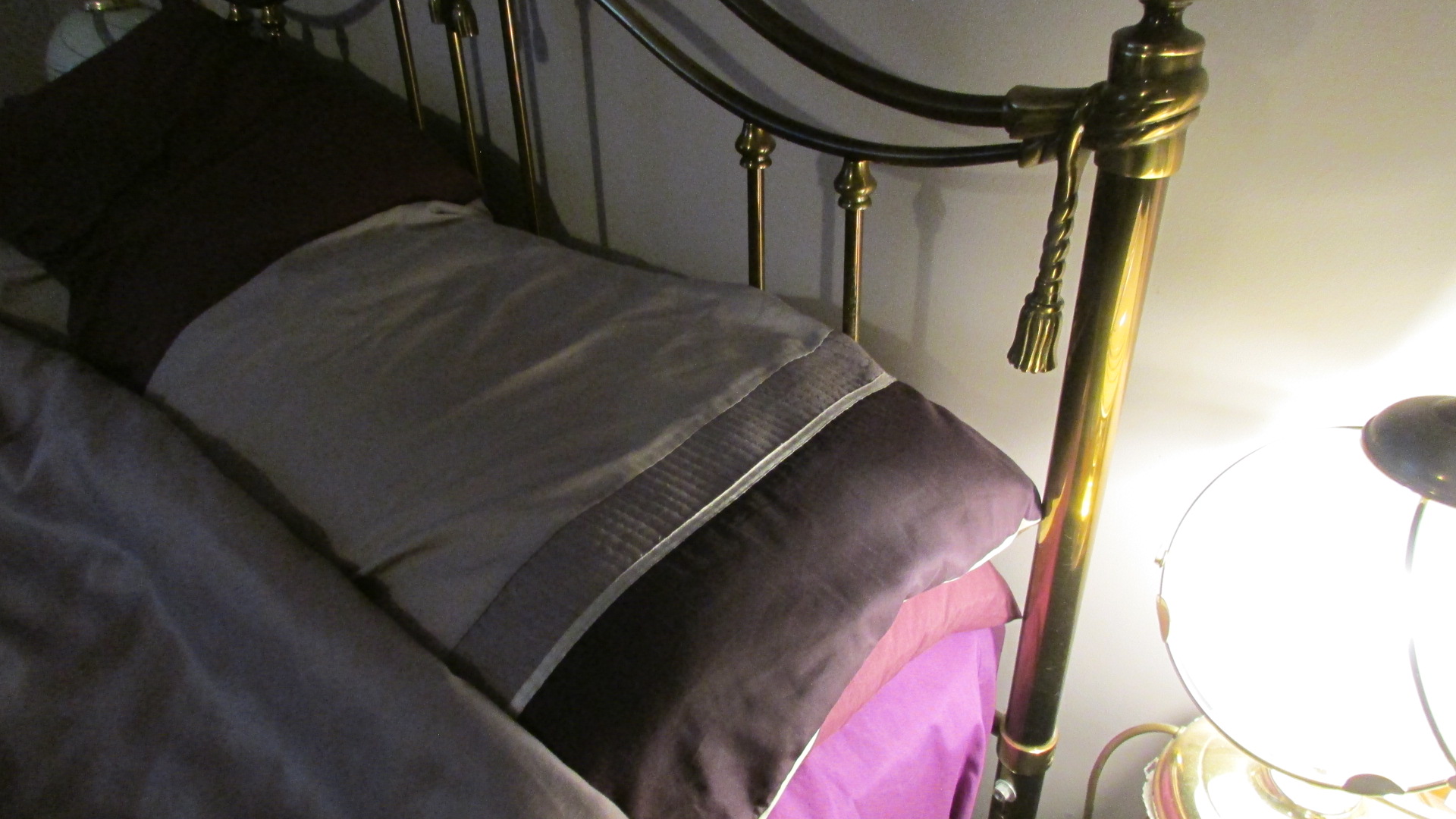
‘Out of the darkness can come light, so let that light shine
bright.’
Catherine, Princess of Wales, September 2024
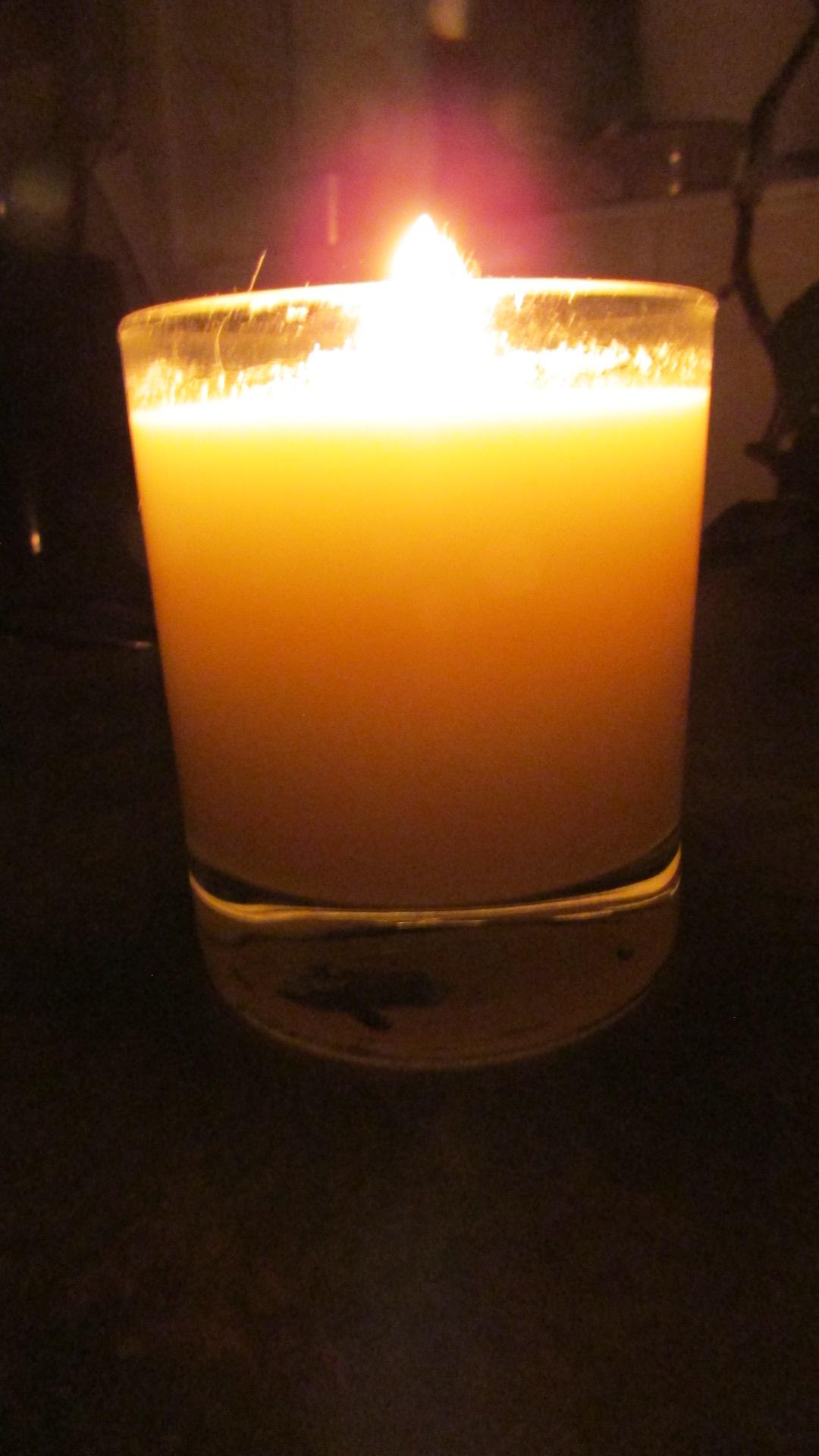
Did you watch the recent video released by the Princess of Wales announcing the end of her chemotherapy treatment? And what were your thoughts? I’ve watched and re watched it and spoken to several people to ask their views. The anti-Royals seem to think it self-indulgent, others feel it is a bit theatrical and very staged whilst some believe it is a conspiracy theory! And others, many of whom have been through or are experiencing their own cancer journey, watched with tears streaming down their faces.
Pantastic!
M&S launch their new product - Stoma knickers.
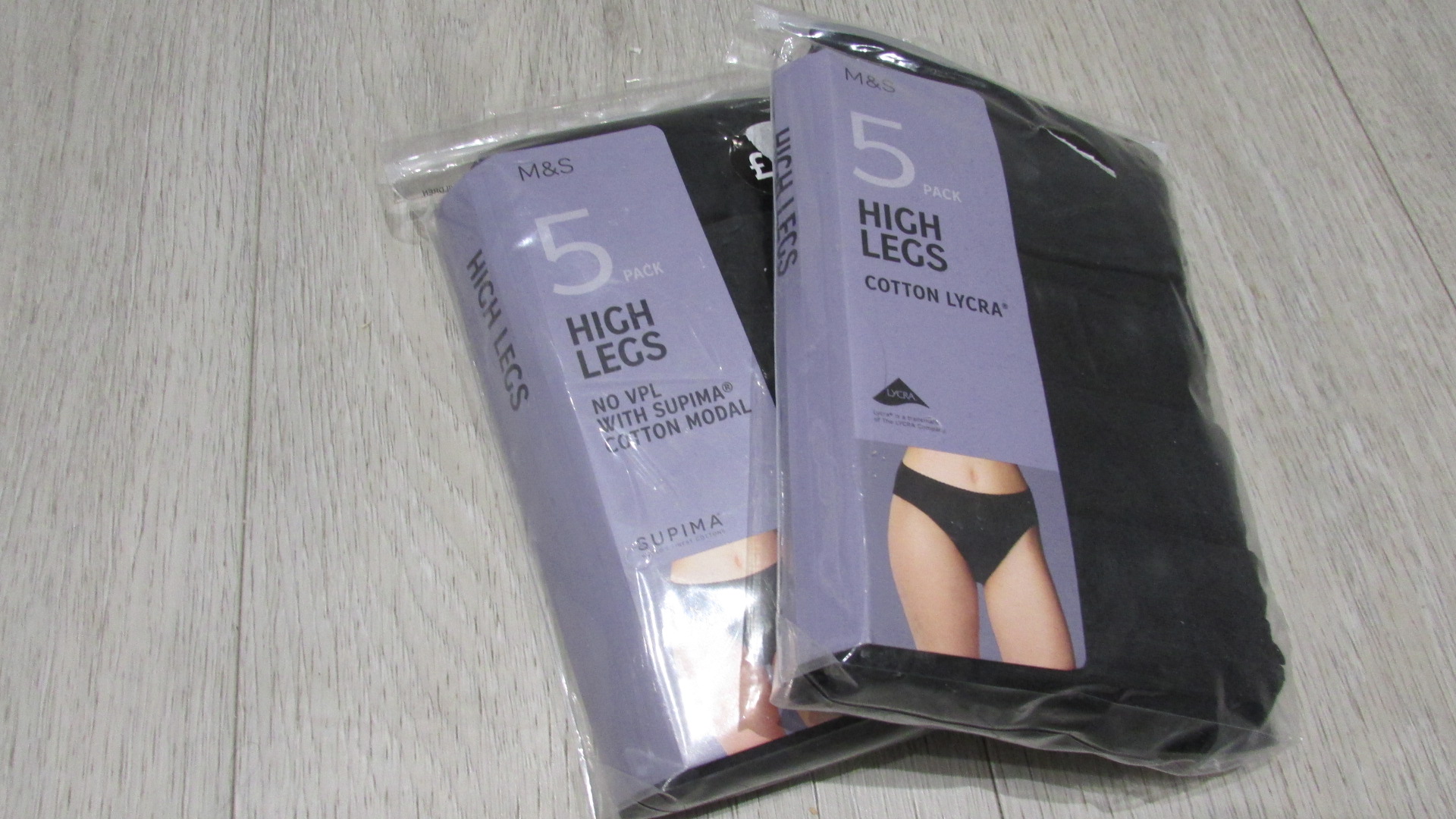
Have you thought about keeping a cancer diary or journaling?
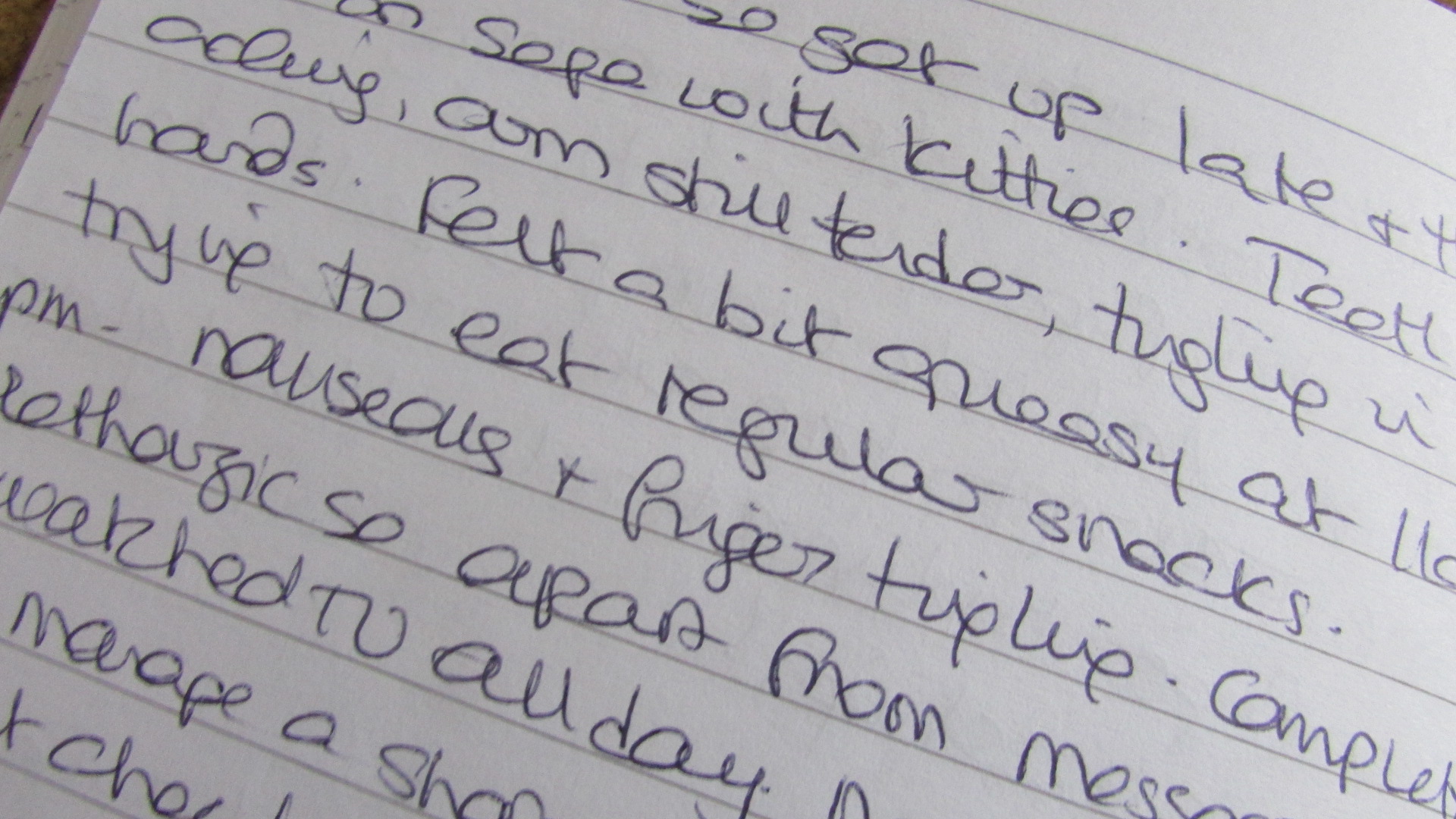
sit somewhere quiet and away from distractions listen to some relaxing music put your phone out of hearing find a time that suits you when you are feeling relaxed just spend 10 minutes or so focusing on you and not the daily grind
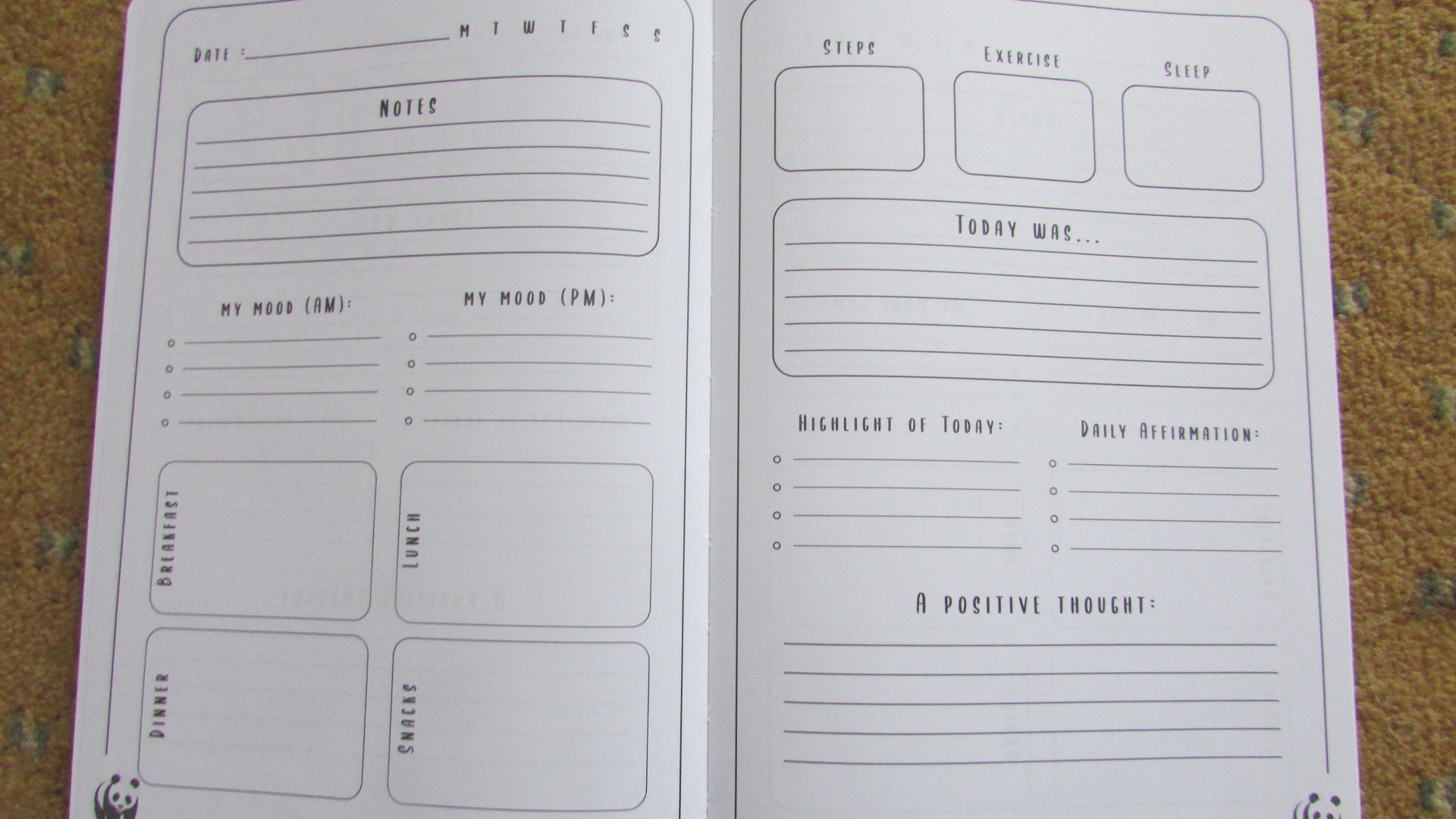
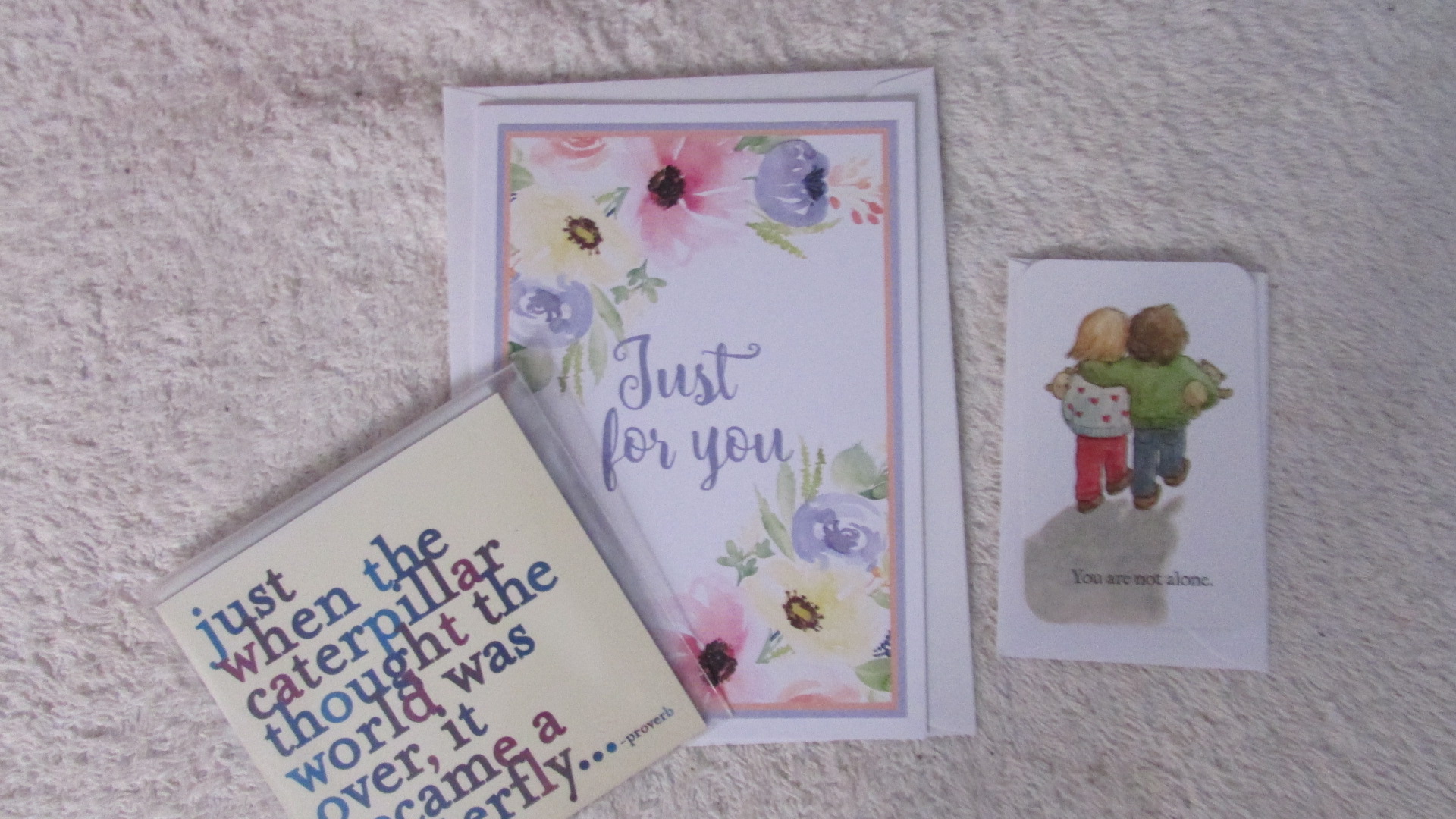
My friend has just told me she is about to start chemotherapy. 'What's it like?' she asked me.
How honest should I be?
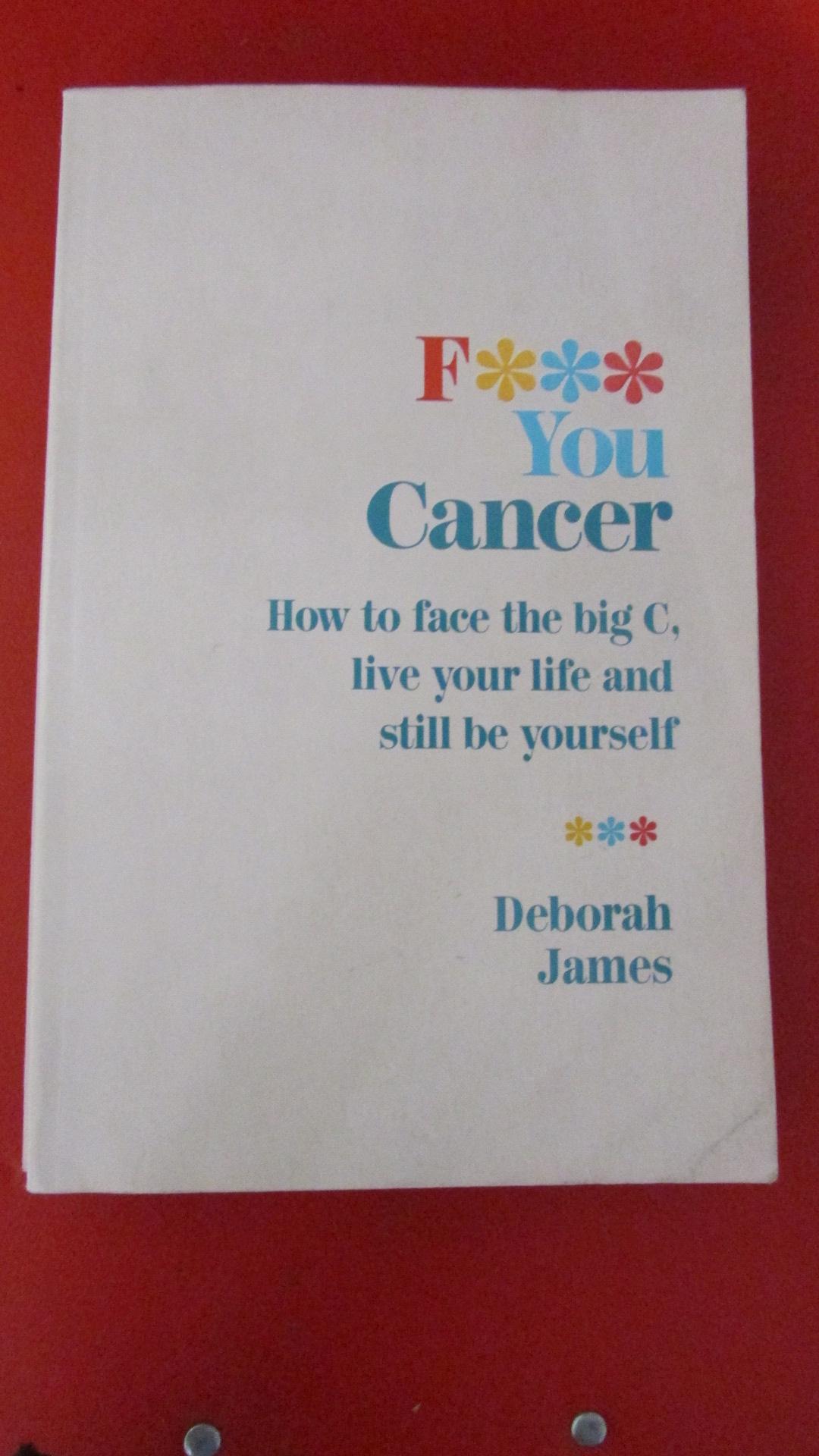
F*** You Cancer by Deborah James
Anyone receiving the news they have cancer will be hit by
shock - whether they have been feeling unwell for some time, or have no
symptoms at all. In my case, although I had been feeling extremely tired,
cancer was not on my radar … at all. It
never crossed my mind. And when you are given the news, your mind goes crazy,
with thought after thought whizzing through. There are so many questions, so
many fears, so many myths attached to cancer, many of which will hit you in the
middle of the night when there is no one to talk to.
Cancer respects nothing and no one!
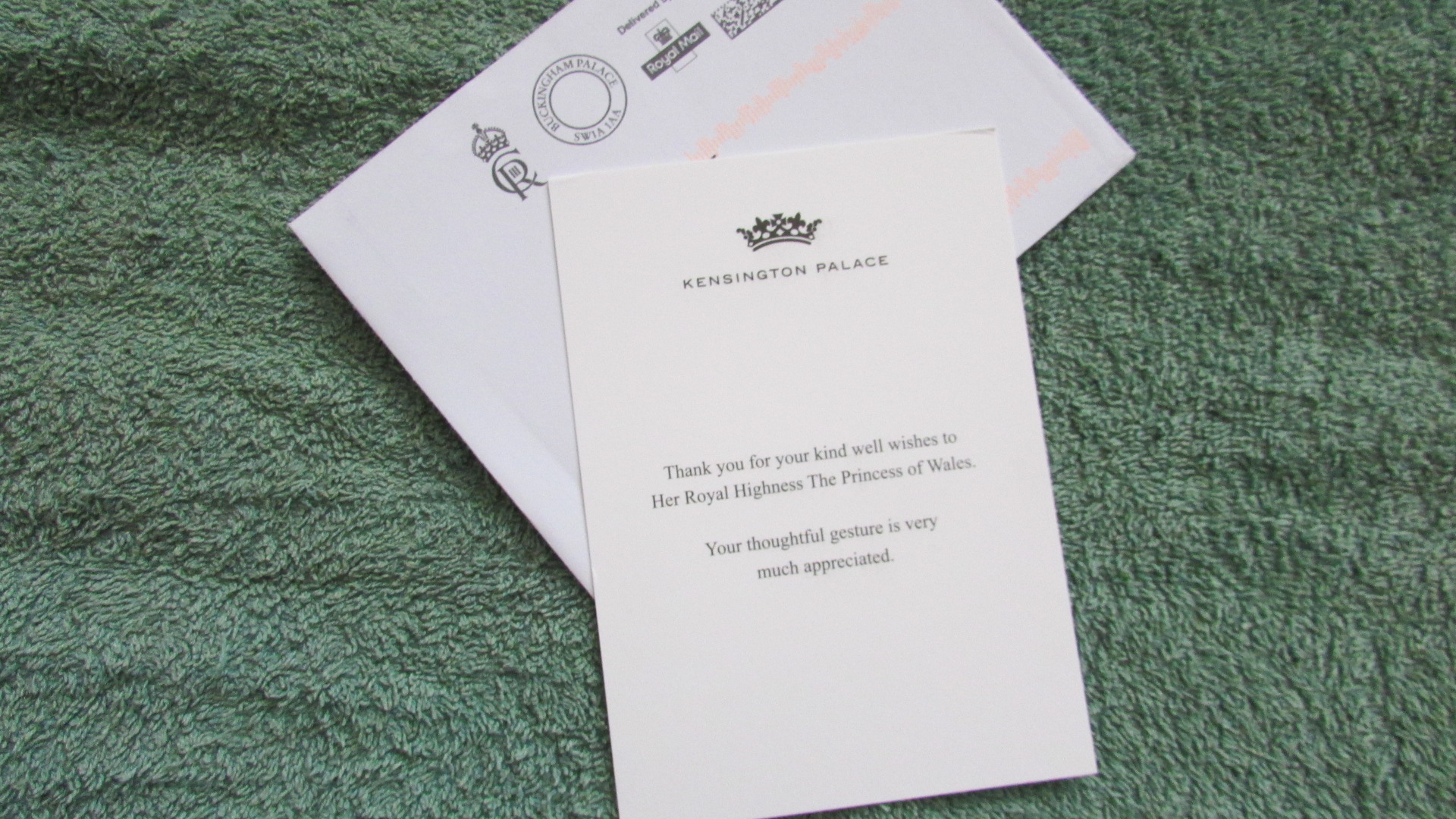
Coping with loss
It is surprising that the death of someone you don’t
actually know can hit you hard. Most people can remember where they were or
what they were doing when Princess Diana , Elvis Presley or President
Kennedy died for example. Although we don’t know these people, because of their fame
we feel that we do know them to a certain extent or they have had some impact
on our lives and there is therefore, a sadness.
How can I be a good friend to somebody going through a cancer diagnosis?
I was asked the other day what makes a good friend to
someone who is dealing with cancer and it made me think. It is not an easy
question to answer as everyone reacts differently when they are given a
diagnosis and their thoughts may also change at different points in their
treatment and recovery. Some people want to hide themselves away, deal with it
themselves and then move on without referring to it once treatment is over.
Others need to be able to express themselves, to talk about their diagnosis and
the way they are feeling on that particular day, so who really knows what is
right and what is wrong?! Through my own experience though, I did come to some
conclusions because lots of people reacted to my news in many different
ways.

Have you experienced cancer ghosting?
I